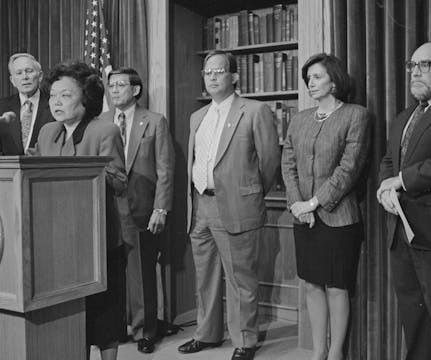What Does It Take to Put Inclusive Curriculum Legislation Into Practice?
Edsurge
MAY 24, 2023
District leaders, school administrators and educators need sustained support to effectively and respectfully implement the shifts behind a curricular mandate like this. Professional development is a key part of building awareness of this absence and a knowledge-base for the educators who will be teaching students directly.















Let's personalize your content